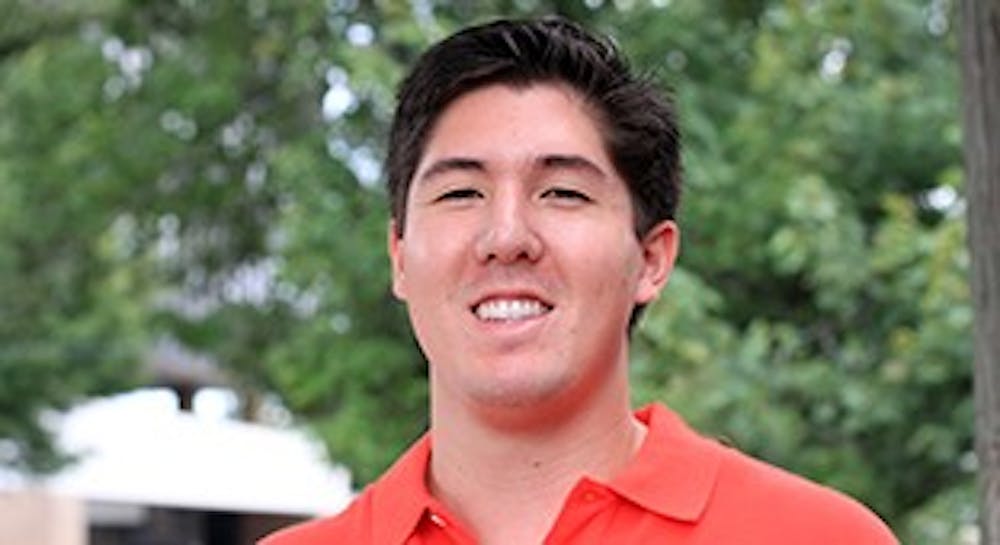The recent controversy surrounding the College Republicans’ fight for funding was the perfect cable news drama. It had all the required elements: the underdog story of a Republican group on a liberal campus, the appearance of bias favoring liberal groups, the irony of a Republican group asking for more government money.
But what the entire story failed to capture was just how purely rational the conflict was. The clash that was splashed across conservative websites was not just the least optimal outcome, it was the expected one.
The game theory angle, so popular in political science, helps to understand why each side acted as it did.
In the case of the College Republicans funding crisis, each side could have benefited from working cooperatively.
The College Republicans would have benefited from a more cordial appropriations process, which could go a long way toward healing old wounds. Student Congress would have benefited by removing as much controversy as possible from club funding.
However, with each side holding biases, the outcome was predictably contentious.
The College Republicans remembered the trouble surrounding the Tar Heel Rifle and Pistol Club last spring. While not the same entity, there are certainly ideological overlaps between the two.
And when a bill was passed to make it harder to buy ammunition with money given by Student Congress, it was certainly difficult to make the case that the legislation was not aimed directly at the THRPC’s mission.
Disappointment is an unfortunate but unavoidable byproduct of the process, in which requests must be evaluated and often cut.




